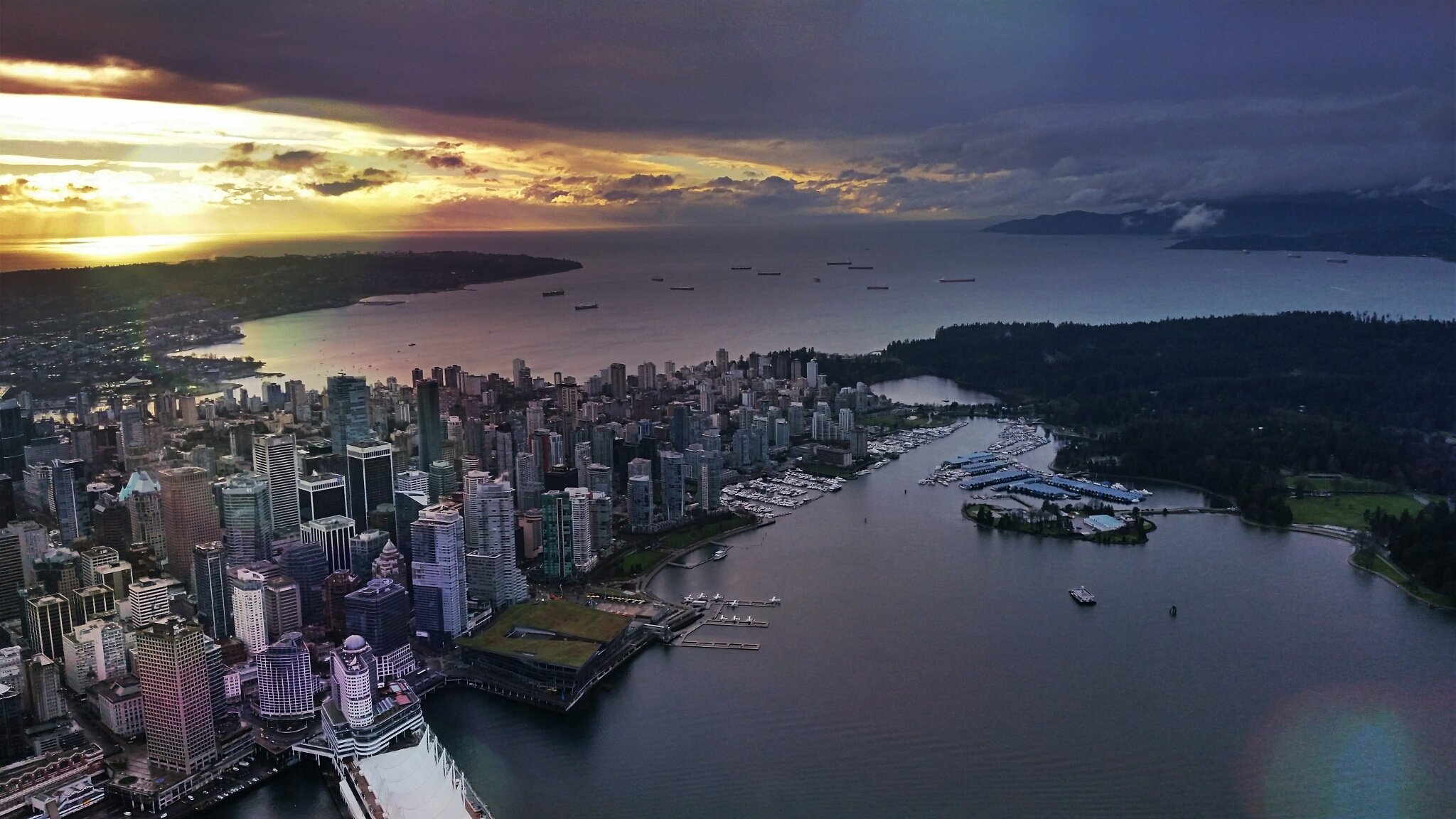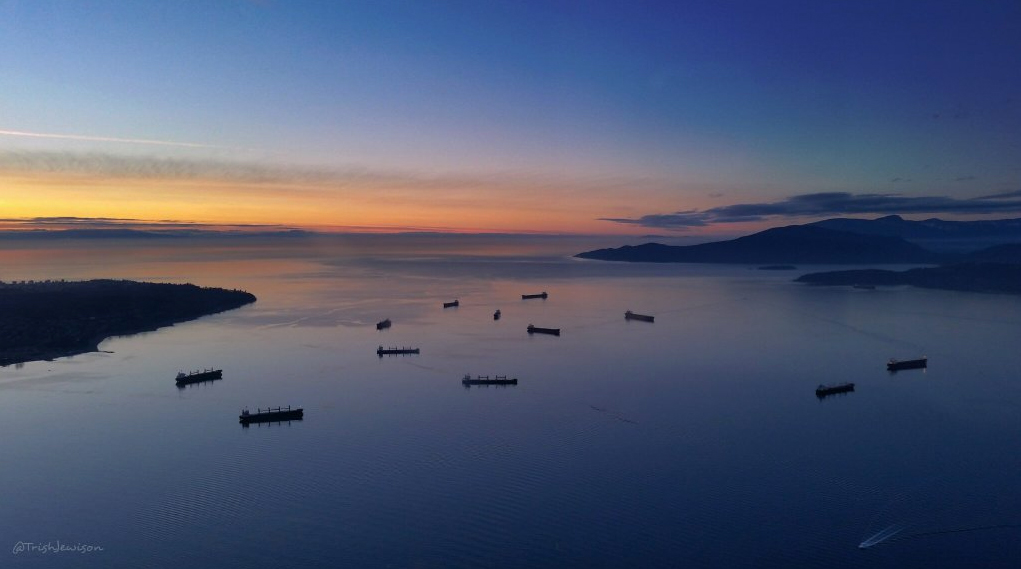You have /5 articles left.
Sign up for a free account or log in.
As I outlined back on 9 August 2015 in Inside Higher Ed, the unexpected leadership transition at the University of British Columbia (UBC) in summer 2015 had all the ingredients to become a major crisis. And a ‘barn-burner’ of a crisis has certainly emerged, sad to say. As a concerned alum, I do hope my alma mater can move forward. From my perspective, nearly seven months later (amid a possible vote of non-confidence in the Board of Governors and an ongoing presidential search) it’s worth flagging two key problems, and then three correctional action suggestions.
On Problems
 First, if mistakes were made in the handling of the processes in which Professor Gupta was hired, institutionally supported in his first year in the job, and/or resigned, they need to be analyzed and openly communicated. No institution nor key leader is perfect – that’s life. World-class universities sing their praises and own their mistakes. Moving on is more difficult if a consistently defensive posture is adopted by key stakeholders with power, and if important mistakes are not publicly owned. Fortunately, process factors are not typically entangled up in non-disclosure agreements (NDAs).
First, if mistakes were made in the handling of the processes in which Professor Gupta was hired, institutionally supported in his first year in the job, and/or resigned, they need to be analyzed and openly communicated. No institution nor key leader is perfect – that’s life. World-class universities sing their praises and own their mistakes. Moving on is more difficult if a consistently defensive posture is adopted by key stakeholders with power, and if important mistakes are not publicly owned. Fortunately, process factors are not typically entangled up in non-disclosure agreements (NDAs).
Second, UBC, including the Board of Governors, needs to publicly commit to becoming a more transparent organization as this seems to be a core theme of various conflicts. If and when the principle of enhanced transparency is committed to, detailed changes need to be devised and outlined in a systematic way. Discourse about transparency is not enough – a strategic plan with deliverables and deadlines is needed. For example, many boards of governors (or equivalent) live stream and then archive all regularly scheduled meetings. Live streaming and archiving important committee meetings is also possible. Err on the side of transparency. And in doing so, use transparency, as many of the world’s best universities do, as a mechanism to enhance engagement with key stakeholders within the organization. Why? Because engagement in a shared governance context improves information flows in all directions, as well as the quality of decisions and associated outcomes. Finally, if a major crisis were to emerge in the near future, take into account this higher education crisis expert’s view: "Our first line for every client is, "Tell the truth, tell it all, tell it first.""
On Correctional Actions
I’ll preface my three correctional action suggestions with a statement that UBC is a very fortunate university – it’s a high quality and respected institution with relatively stable financial footings. And we’re also fortunate that a respected leader like president emeritus Martha Piper is acting as Interim President and Vice-Chancellor. This interim role is critically important to moving forward. Only experienced and broadly trusted interim presidents can play the unique university-wide role of helping to repair broken communications and creating psychic healing measures. This is a nebulous but vital role for any president to focus on, from start to finish, amid a governance/leadership crisis.
In terms of correctional actions, it’s first worth noting that many universities and higher education systems are revisiting their governance structures. A formal independent governance review is worth considering. And at a minimum, it’s worth commissioning one or more independent studies of UBC’s governance in comparative perspective, with attention to higher education structures and systems, variations in autonomy and transparency, and the changing context for provincial/higher education relationships. A condition of ‘legacy governance’ exists right now in that our governance systems and procedures reflect earlier eras of revenue streams, very different political and technological contexts, and now dated understandings of the roles of universities in the development of economy and society. Students, in particular, are underrepresented in governance systems vis a vis their majority (in many contexts) role in providing the revenue streams that sustain universities. It’s also worth noting that crises in several of UBC’s peer universities have been associated with a lack of awareness, at the governing board level, regarding how shared governance works, including what roles various formal and informal governance bodies play, as well as how these governance systems interconnect. Conversely, many faculty, staff and students associated with many shared governance bodies do not understand what roles boards of governors (or equivalent) are required to play. In short, an open and transparent examination of governance structures and practices could help, if done well, enhance levels of knowledge while reducing mistrust and erroneous assumptions.
Second, and as noted here, unexpected leadership transitions generate enormous attention to the cultural, economic, and political forces reshaping universities, as well as associated lines of power that bring these forces to life. A crisis is a wonderful teaching and learning moment. But do this in a systematic way! For example, launch a UBC Futures seminar series; provide modest funding to spur on some unique courses and workshops on related issues in the 2016-17 academic year; work with the BC Open Textbook Project or UBC Press to develop a ‘living’ open text on the tumultuous times UBC has been going through so everyone can learn, down the line, what went well, and what did not; enable ethnographic research by social scientists in key governance bodies; etc. There is so much more that could be done to turn all the intellectual power at UBC in on itself so as to learn in a systematic vs. haphazard way. In short, grasp the moment and identity rigorous and intellectually stimulating mechanisms (though not associated with decision-making) to generate sustained and valuable learning-oriented experiences.
Third, take the medium-term view regarding the ongoing presidential search and shape the search process to rebuild community. Some universities can hire in one year after an unexpected leadership transition, while others take 2-3 years of ‘bridging’ leadership. The University of Wisconsin-Madison, for example, dealt with an unexpected leadership crisis in 2011 by bringing back David Ward, our former chancellor (president equivalent) and president emeritus of the American Council of Education (which has 1,700+ member institutions). Interim Chancellor Ward did a wonderful job from 2011-2013 in what he wittily defined as his “Chancellor Encore” role. Ward helped to repair broken communications, including via framing and bringing to life psychic healing measures (e.g., new modes of vertical and lateral communications in and outside of UW-Madison). His sturdy two-year leadership bridge led to the successful 2013 hiring of our current chancellor (Rebecca Blank, President Obama’s acting secretary of the U.S. Department of Commerce).
As Martha Piper aptly put it in her statement about UBC’s Centennial celebrations:
Looking forward, our future is unwritten. What we learn, discover, and contribute together will depend on the strength of our connections – to all of our communities, local and global.
On this note, it’s critically important to ensure that the presidential search process helps build connections in the UBC community, while creating a positive pathway to move forward. If presidential search process troubles and tensions exist, recognize them openly and do something about them. For example, put the presidential search process on pause for one week (or even a long weekend), coordinate a facilitated off-campus retreat with an objective and independent governance/leadership expert, and dig in to honestly explore causes and realistic solutions on a face-to-face basis. Evidence elsewhere points to the fact that all university presidential searches distill and condense what is working well with respect to governance, what’s functioning in an adequate manner, and what is problematic. Presidential searches are lenses into the heart of the governance of the university, inevitably exposing both buried and surface tensions, and uneven power geometries. In short, there are opportunities and risks associated with all presidential searches. Given this it’s important to always take the medium-term view. UBC is a wonderful university, and it will have many options: take time to make the right presidential search process choices, and in so doing strengthen the entire community (alum included!).
Kris Olds
Photos courtesy of @TrishJewison, Eye in the Sky Traffic Reporter for @GlobalBC and @AM730Traffic.


